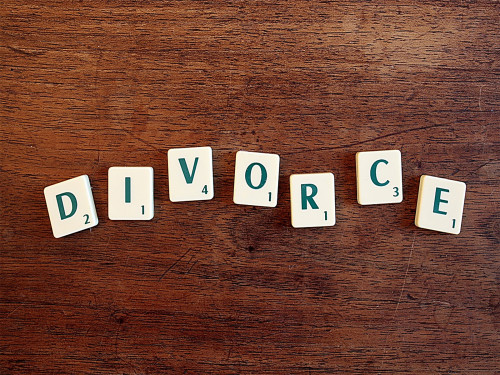Births In Spain
When a baby is born in Spain to one or more foreign parents, they cannot decide for themselves what nationality their child will be. Nationality is set out in international law, and it depends on the nationality of the parents. To find out the details in your particular situation, you must consult the registrar in your locality. For example, If both parents are British, the child will automatically be British too.
Check this link for information about nationality:
Registering the birth
Births must be registered in the Civil Registry within 8 days, by one of the parents or someone given that responsibility by one or other of the parents. A power of attorney may be required to do this. To find your local civil registry, you can follow this link and input the name of your municipality. If your child was born in a different municipality, you should choose the one in which the child is going to reside. https://www.registro-civil.net This official website includes the form you must fill in at the time of registering the birth. http://www.exteriores.gob.es/Portal/en/ServiciosAlCiudadano/SiEstasEnElExtranjero/Paginas/RegistroCivil.aspx
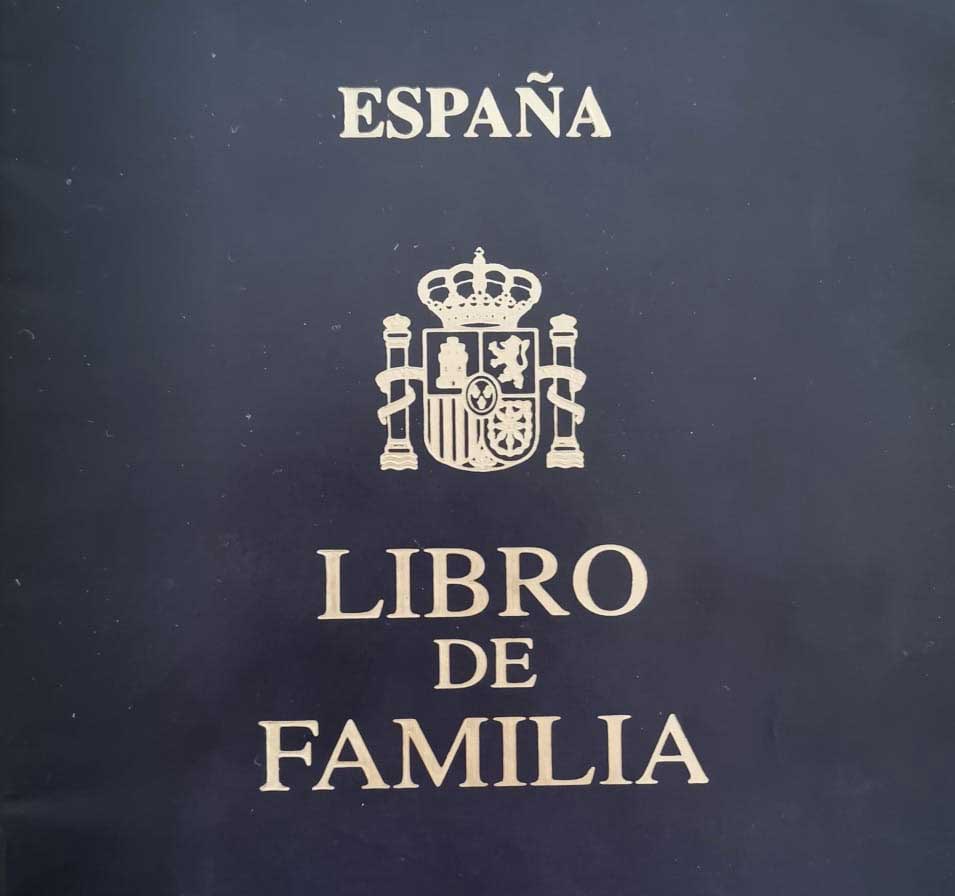 The Family Book or 'Libro de Familia'
The Family Book or 'Libro de Familia'
Family book (libro de familia)
If you do not already have one, the registry will issue you with a Family Book (libro de familia). Anyone who got married in Spain or has children who were born in Spain will have one of these already. If not, the registrar will now issue one to you and write the details of your marriage if applicable, and also the details of your child’s birth in it. Please note: families with children born in another country will not be issued a book and those children will never be added to the family book of a child born in Spain. You should store this book very safely as you will be asked for it at various times. It would be wise to enquire at your local registry about the documentation they will ask for to register your baby before the birth, as some registrars will want to see not only your marriage certificate but also an apostille and an official translation of it to Spanish. The first pages of the family book will record the names of the parents. On the child’s page of the family book, there will be a reference to a “tomo”(book) and “página” (page); this is a reference to where the official certificate - known as the “literal” is kept. The registrar writes all births in what is in fact a large book. To find the page of the book on which the birth of your child is written, he or she will refer to the details in the family book to locate it. To get a copy of the birth certificate you need to present the family book at the same registry. They will use the book and page numbers recorded in the family book to locate the literal certificate which they will then photocopy and stamp for you to confirm its authenticity.
Apostille
An apostille is an official recognition that the document or certificate that you wish to present is genuine and valid. Getting an apostille is sometimes referred to as having a document legalised. The gov.uk website has a straightforward explanation of how to do this. https://www.gov.uk/get-document-legalised Note: Having a document legalised is not the same as having one certified. Certification is where a lawyer or other professional signs a document to affirm that it looks like a genuine copy of an original.
Official or “sworn” translations
Once you have the certificate and the apostille, you will usually be required to have it translated to Spanish by an official “sworn” translator (traductor jurado). The following is a list of such translators, although you may be able to find one in your local area whose name does not appear here.
https://www.gov.uk/government/publications/spain-list-of-translators-and-interpreters
Most translators can receive documents to translate by email in pdf format, and will send you a translation in pdf by email. However, you should be sure to ask for a copy to be sent to you by post too, as the police stations and other organisations would like to see the originals if you have any transaction which is done in person.
Getting a TIE and passport for your baby
If your child is not Spanish, you will require a NIE for your child. Now that the UK has left the EU, you should also apply for residency for your baby, so you will need to apply for a TIE, the new identification card which all newly appointed UK nationals who are resident in Spain are required to have. Some provinces are less strict than others, but most people find it very difficult to register their child for public healthcare without a NIE number, and post-Brexit it is essential to apply for residency for your child as soon as you can. The specific application which you will have to make from 2021 will be for a TIE for a family member of an EU citizen. For this type of application, you will be required to demonstrate that you are working or have sufficient funds and that you have access to health care either through the public system or private medical insurance.
This link may be helpful: https://www.citizensadvice.org.es/faq/how-to-apply-for-residency-nie-for-baby/
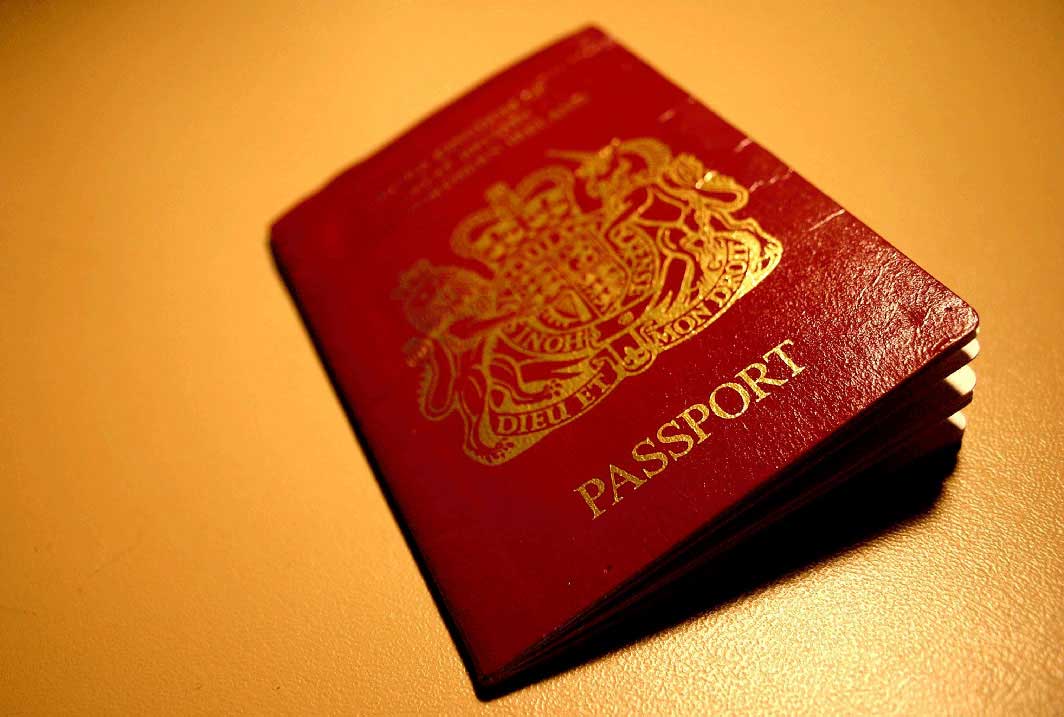 Remember to apply for your childs passport as soon as you can as you will need it to get your childs TIE card.
Remember to apply for your childs passport as soon as you can as you will need it to get your childs TIE card.
Passports
To apply for a TIE for your baby, you will be required to produce the child’s passport, so applying as soon as you can for a British passport should be a priority, especially given that it can take time to be processed. To apply for a British passport, follow this link: https://www.gov.uk/apply-renew-passport
Children born outside Spain
If you move to Spain with a child who was born outside Spain, you will not be issued a family book. In order to apply for a TIE for your child, you will be required to produce a number of documents which will have to be apostilled and translated (again, by a sworn translator) to demonstrate that you are the child’s parents. To order a copy of a UK birth or marriage certificate online, you can use this link: https://www.gov.uk/order-copy-birth-death-marriage-certificate
Healthcare
If you are working, either employed or self-employed, you can register your child for healthcare as your dependent or “beneficiario”. To do this you will be required to provide an identification number for your child (his or her NIE number) which you will find on the TIE. If you have had to apply for a British passport in order to apply for a TIE, you may find that time is ticking by and your child has not seen a doctor. There are a number of possible solutions to this: Some health centres will be more flexible than others and allow you to see a doctor even before your baby has officially been registered in the social security system. In addition, if either parent is registered for public healthcare, you can register your child under the “bajos recursos” scheme (low income) which aims to ensure that all minors can access the public healthcare system, so that until you finally get the TIE your baby can be seen by a doctor. Or you might either like to, or have to take out private medical insurance.
Private medical insurance
If you are not entitled to public healthcare through your work, you should add your child to your private medical insurance as soon as possible. If you are not entitled to public health services and are planning to have a child in Spain, make sure that you have medical insurance before getting pregnant so that any treatment resulting from your pregnancy is not excluded from your policy. If you are unable to register your baby as a patient in the public healthcare system until you have managed to get a NIE number (from the TIE) for your child, you will have no such problems in the private sector, where you can register your baby with your insurer as soon as he or she is born. This can be a great help during the first weeks when you are most likely to want to see a doctor with your baby. Whereas in the public clinics you have to make an appointment or else go to the emergency department and wait, most private clinics have a walk-in service. This can be very useful with small children who can become ill without notice! It is interesting that in Spain your child will be assigned to a paediatrician and many clinics will be reluctant for you to visit a GP with your child if a paediatrician is available. Many clinics also have paediatric specialists in other areas of medicine such as dermatology and ophthalmology.
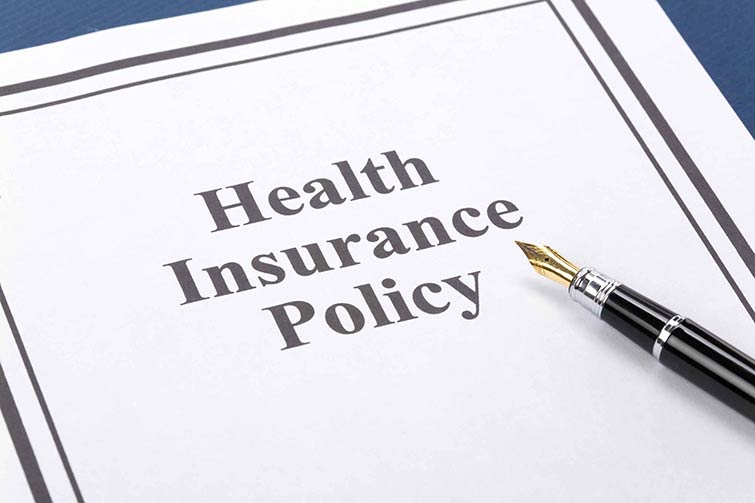 Ensure you have either Public Healthcare or invest in some Private Medical Insurance
Ensure you have either Public Healthcare or invest in some Private Medical Insurance
Naming your child
Spanish maternity units are used to parents who have named their child before he or she is born and sometimes complain that a typically British refusal to supply a name for the unborn child messes up their systems, or are simply amused by people’s desire to see their new son or daughter before naming him or her. If you have not made it clear that you did not you may have found that your baby’s gender was revealed during the pregnancy without asking you first if you wanted to know first. Finally, it may be the last thing on your mind when holding a new baby daughter in your arms, but you must decide what you want to do about ear piercing. It is extremely common for tiny babies to have their ears pierced before they leave hospital. Some doctors agree that they are far less likely to have infections from this as they are too young to fiddle with their earrings. However, to pierce or not must be your decision. Having said that, Spanish people often look at the baby’s ears to see whether they are supposed to congratulate you on having a boy or a girl!
Maternity and Paternity leave
The law now offers much more flexible maternity and paternity leave, some of which can be broken down and used over a longer period. For more information, follow this link. There is also a benefit available to parents until the baby is 12 months old, “Cuidado del Lactante”, which encourages parents to share responsibility over the first year of the child’s life. http://www.seg-social.es/wps/portal/wss/internet/Trabajadores/PrestacionesPensionesTrabajadores/61f8b540-c867-43cf-926d-77476b975f36?changeLanguage=en If you are hoping to reduce your working hours or even take a sabbatical to care for your child, Spain has laws governing such circumstances. It may be worth asking a lawyer or gestor what you may be entitled to, but remember that you will have to make changes to your hours or take time off with the agreement of your employer.
Tax allowances
Working mothers should declare the fact that you have a young child (under 3 years of age) to your employer, or on your annual tax return in order to receive the corresponding discount on your annual tax bill.
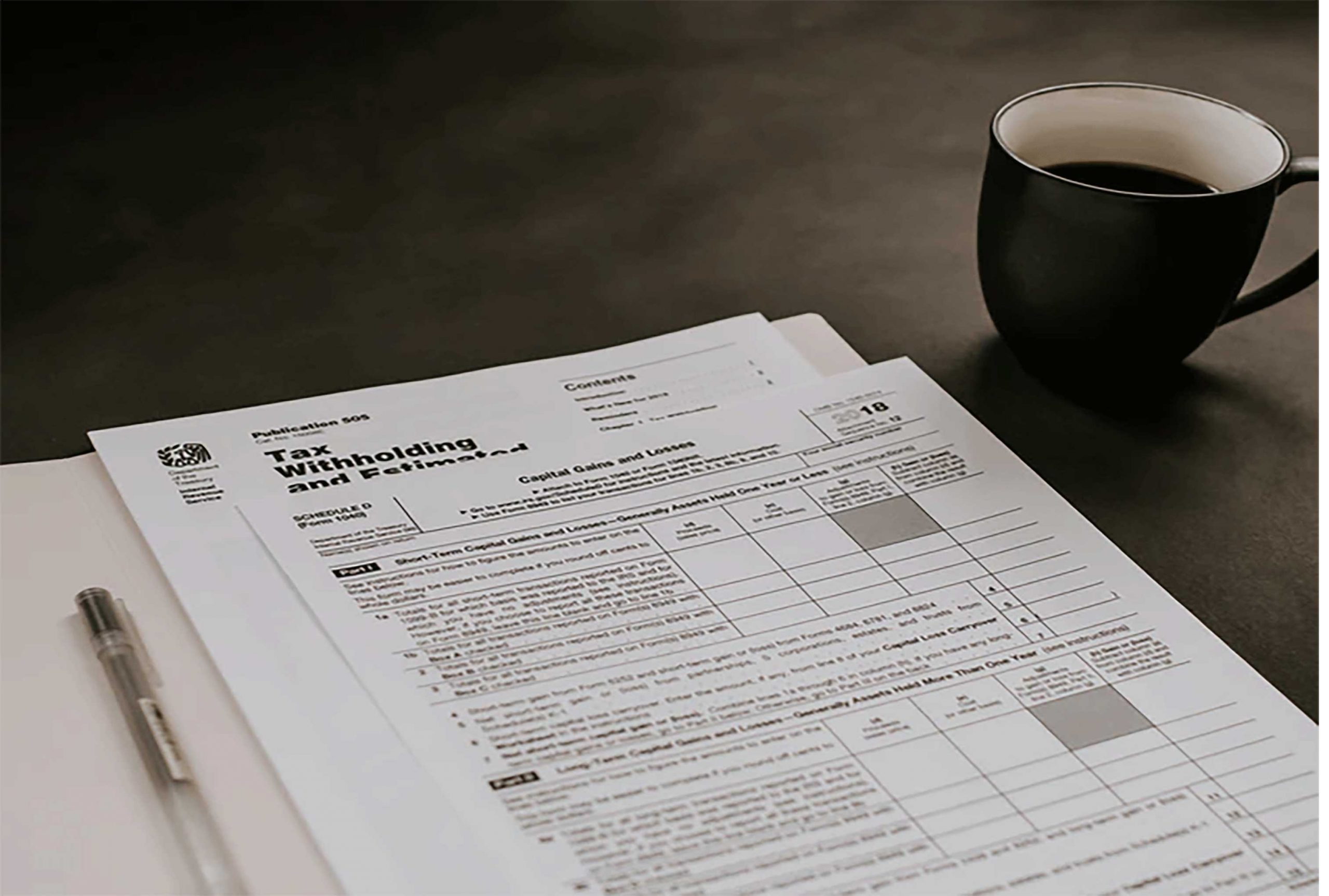 Make sure you contact your accountant to claim tax discounts
Make sure you contact your accountant to claim tax discounts
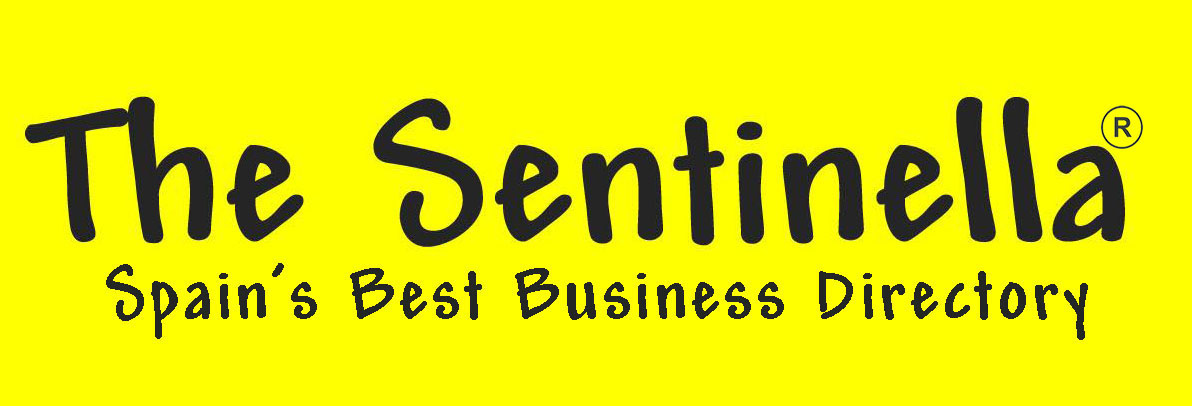

 Danish
Danish Dutch
Dutch French
French German
German Spanish
Spanish
